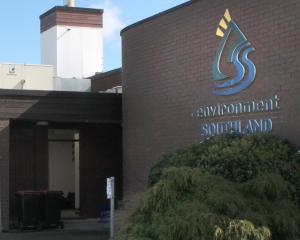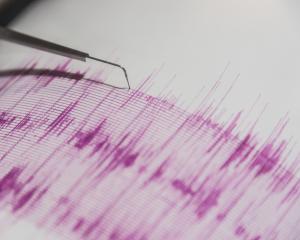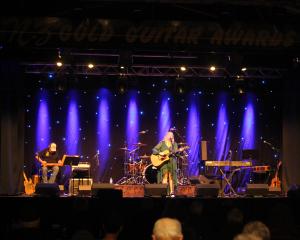
Southland police area investigations manager Detective Senior Sergeant Stu Harvey said it was important for people to understand how common the drug was in the city.
‘‘It’s interesting it’s not the same in other cities in the Southern district - Queenstown and Dunedin don’t have the same problem we have down here.’’
While amounts consumed in Invercargill varied, it was estimated weekly use of the drug amounted to about 200g-300g, which had a street value of about $160,000 to $240,000.
On an annual basis this amounted to between $8.3 million and $12.5 million a year.
Although the weight might not seem like a lot, one gram of methamphetamine could last up to about 30 ‘‘hits’’.
Over the past four to five years, wastewater testing had revealed a ‘‘pretty consistent’’ picture of the usage level in Invercargill, where meth made up for 70% of the illicit drugs detected.
The ‘‘social cost’’ of the drug was one of its most damaging consequences, Snr Sgt Harvey said.
‘‘Especially for people that get addicted - it ruins not only their lives but also their family’s lives and breaks them apart.
‘‘People will do whatever it takes to get hold of it [once they’re addicted].’’
He had seen meth addiction lead to suicide, an increase in violence, dishonesty and family harm-related incidents and a general rise in the volume of crime in the community.
‘‘It comes with a lot of violence and guns - people become really paranoid.
‘‘Often sellers are selling to use and they don’t care about the harm it causes, because their goal is to fund their habit.’’
While gangs played a part in the distribution and consumption of meth in Invercargill, it was ‘‘not necessarily’’ always the case, he said.
‘‘Gangs are heavily involved in it [the drug trade], but it also involves individuals working with gangs as well, on that lower level of distribution.’’
In his 27 years’ experience with New Zealand Police, he had seen people from all walks of life fall victim to its harm, Snr Sgt Harvey said.
‘‘It’s not just lower socioeconomic groups getting hooked on it - I’ve seen a lot of good people with really good lives who are not from a lower socioeconomic background affected by it, too.
‘‘It has exactly the same effect no matter who you are, and it’s very hard to come out of that.’’
He stressed the importance of looking out for any identifying signs of meth use within families, so those people could be supported to get the help they needed.
‘‘It’s only when it becomes personal and it affects a family that you really start thinking ‘how bad is this thing?’ But there is assistance available and police urge people affected by this drug to get help.’’
Need help?
Need to talk? 1737, free 24/7 phone and text number
Healthline: 0800 611-116
Lifeline Aotearoa: 0800 543-354
Suicide Crisis Helpline: 0508 828-865 (0508 TAUTOKO)
Samaritans: 0800 726-666
Alcohol Drug Helpline: 0800 787-797
General mental health inquiries: 0800 443-366
The Depression Helpline:0800 111-757
Youthline: 0800 376-633, txt 234 or talk@youthline.co.nz












